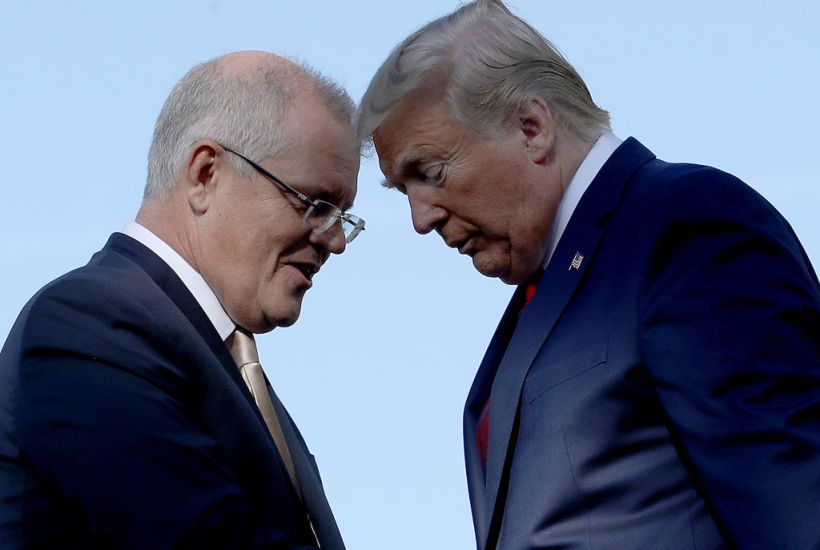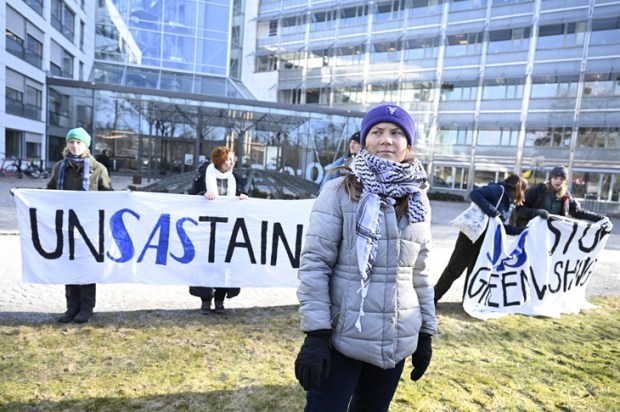Much indignation and acres of news space has been given over to excoriating the American decision – President Trump’s decision, actually, it appears – to pull his troops out of Syria, thus precipitating a Turkish invasion.
More opprobrium has been heaped on POTUS for abandoning the Kurds who held in the war against Da’esh and are still guarding the camps of ISIS prisoners, at least for the time being.
The US decision shouldn’t have caught anyone by surprise.
Pulling US troops out of the Middle East was one of Trump’s electoral pledges when he ran for office; one that resounded in the heartlands of the mid-West and the South, where families have had to bear, for almost a generation now, the deaths or maiming of loved ones in places where those families might not, initially, have been able to place on the map.
The United States always upheld an ‘America First’ doctrine –it may have been watered down by globalist presidents like Clinton and Obama but those years, when the US could afford to play the good cop are over, at least for the present.
The Americans didn’t waste time when the game was up in South Vietnam. They did what they could to evacuate those who had worked for or with them, but they didn’t hang around to face those North Vietnamese tanks.
The Australian love affair with the Americans should now be examined, not because we want to question the entire relationship, but because we’re waking up to the fact that this relationship is like the one when the guy suddenly demands you start paying more than your share of the mortgage and Netflix. The American cop, if you like, is off duty.
It doesn’t mean we relinquish any of our ‘special relationship’ ties. The UK has a ‘special relationship’ with the US, as does Japan, and neither of those nations is about to throw it away. But we need to be aware that relationships change and we, therefore, need to alter our sails to the prevailing winds.
Jack Waterford, the former editor of the Canberra Times, recounted, at a recent Canberra book launch the following incident. Waterford, in the US on a media ‘familiarisation’ tour, hosted by amiable, polite Americans, asked his hosts what they really thought of Australians. Politely they assured him that the Aussies were great, we had that ‘special relationship’, after all. No, persisted Waterford, what do you really think about us? And after a pause, one of his minders affirmed politely, “We think you’re an easy lay.”
Wounding to a degree, as when the boyfriend admits you really aren’t that good in bed.
But if in the future we need to be considered a hard-to-get classy broad, maybe we should sharpen our foreign relation skills and start to see more of people in the neighbourhood.
Opening up dialogue with Fiji – that lead to a joint military undertaking was a great start and the PM played it well. The Fijians have long hired out their fighting men and boy, they’re not bad on the footie field either.
How about Singapore, Japan, South Korea and India, all nations that know what what’s what in the shifting sands of love in a Cold War climate. The US will still be Australia’s great and powerful friend, just as China is our valued and respected trading partner.
We could take lessons from the Swiss or Dutch – sturdy pragmatic, polyglot nations that push their own national interests while remaining alert to overtures from others. In the EU the Dutch are the most cautious of players, smart, hardheaded folk who never relinquished their national identity in Europe’s melting pot.
For Australia its time widen the dating field a little bit – just to show we’re no longer quite such an easy lay.
Got something to add? Join the discussion and comment below.
Got something to add? Join the discussion and comment below.
Get 10 issues for just $10
Subscribe to The Spectator Australia today for the next 10 magazine issues, plus full online access, for just $10.


























Comments
Don't miss out
Join the conversation with other Spectator Australia readers. Subscribe to leave a comment.
SUBSCRIBEAlready a subscriber? Log in